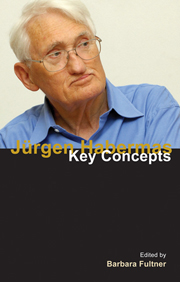1 - Historical and intellectual contexts
Summary
It is not unusual, when reading about the lives and works of influential philosophers, to encounter the view that their work transcends the times that the authors live in; that the most influential philosophers think and write about highly abstract metaphysical or universal ideas and problems that are not specific to any particular historical or social context, and that for this reason they and their texts are “in conversation”, not with their own contemporaries but with their philosophical predecessors, however historically remote they may be. One implication of this view is that there are other philosophers, perhaps those who have less of an interest in abstract, metaphysical, or “timeless” questions, who therefore have a correspondingly thicker and more influential relationship with their own historical context; they're “in conversation” with those among whom they live, rather than with the great figures of the history of philosophy.
If this view is correct, then the first set of context-transcending philosophers may sacrifice their relevance for their own contemporaries, but they are rewarded by the timeless and universal significance of what they think and write about. Conversely, the context-immanent philosophers may not age especially well, since they think and write about problems that may be specific to their own times, but they are rewarded by the relevance and influence they can assert within their own society. It is easy to see how this view implies a conclusion about the difference between these two types of thinkers: timeless philosophy is serious or important philosophy, the real work of the perennial search for transcendent truth.
- Type
- Chapter
- Information
- Jürgen HabermasKey Concepts, pp. 13 - 32Publisher: Acumen PublishingPrint publication year: 2011
- 3
- Cited by

